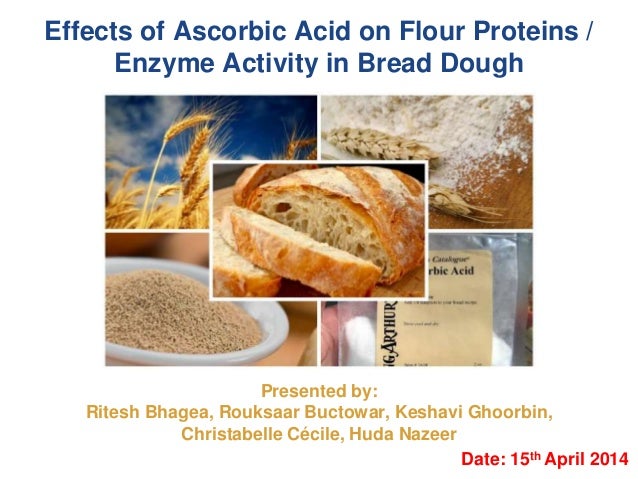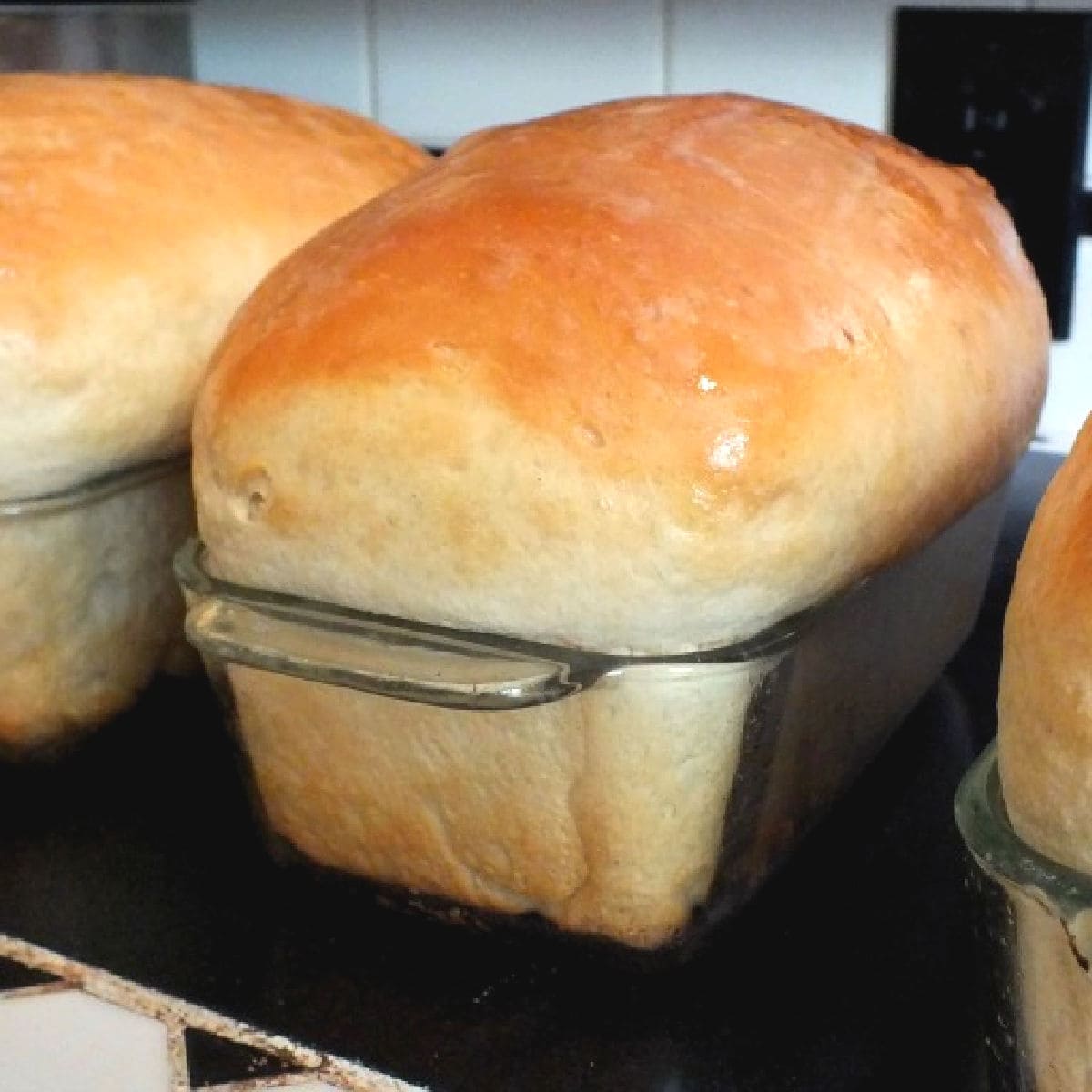
Hardness of bread increased with increasing amount of vitamin C added. Used in far smaller quantities than the recommended daily intake.

One of them was probably baking bread with onion soup mix.
Adding vitamin c to bread dough. Vitamin C is a flour improver that increases dough strength reduces stickiness and improves the crumb structure and color. Ascorbic acid is typically added to bread dough in concentrations of 0002 to 002 20-200 parts per million in relation to the flour weight. Ascorbic acid Vitamin C Is used in commercial bakeries and large bread factories as a flower improver or dough conditioner with the main purpose being to accelerates the rising of the dough and to extend the shelf life of the bread.
What happens is that in contrast to its role as an antioxidant in dough. Vitamin C is a natural dough conditioner. It is the only enhancer allowed by 100 organic bread makers and even the rigid French bread laws allow for a little bit of vitamin C.
I have used vitamin C or ascorbic acid on many occasions. I find it best incorporated into doughs using flours with lower protein contents and doughs in which I will be. Here are some of best sellings adding vitamin c to bread dough which we would like to recommend with high customer review ratings to guide you on quality popularity of each items.
Best results for adding vitamin c to bread dough -20 PC NetwoRx Pure Ascorbic Acid Vitamin C Powder 3 Pound. Vitamin C or ascorbic acid if you prefer is a dough conditioner It doesnt do much for taste at all and is used primarily for hearth breads by professional bakers who are handling large amounts of dough and want some extra certainty and less individuality regarding amount of time at a given temperature for a given amount of oven spring. If you are making Wonder bread then it is a required ingredient as are about 15 other dough improvers.
AA is not Vitamin C according to Dave but it is a part of Vitamin C. Once you get good a making bread you dont need dough improvers but I do want to replicate the bread I grew up on and my dad made for years - the greatest most consumed bread in America of all time -Wonder Bread so I will need some. And when you are using it you should only add really really tiny amount like a pinch or two or your dough will be too tight.
Also if you bake with commercial dried yeast you usually dont need tp add Vitamin C because its probably already added in the product Check the ingredients on the packet. The acid of the vitamin C helps the yeast to work better and also acts as a preservative by deterring the growth of mold and bacteria. I toss the contents of a bottle of vitamin C tablets in the blender turn them into a powder and then store it in a Mason jar.
Use ⅛ teaspoon per loaf of bread adding. Vitamin C Powder Ascorbic Acid Vitamin C also known as ascorbic acid also enhances the dough in two ways. It acts as a preservative and it also creates a lighter bread by helping the yeast do a better job.
You dont need a lot of this to enhance the dough. In fact I suggest you only need about ⅛ tsp per loaf of bread you are making. Vitamin C ascorbic acid is a natural preservative.
A little also helps the yeast grow you will find it in many commercial dough enhancers. When I make bread I use Fruit Fresh a powdered vitamin C with some sugar used to preserve fruit in canning and freezing. I use about 14 teaspoon per loaf.
Some easy blend yeast contains added vitamin C already. You can also try adding a little lemon or orange juice to provide natural Vitamin C in your bread. When you make bread by hand kneading and shaping it lets you can get a good feel for the dough and its elasticity.
One of them was probably baking bread with onion soup mix. This secret ingredient gives your bread loads of flavor and is such an easy addition. Simply dissolve the mix in hot water before adding it to the yeast for your dough.
Hardness of bread increased with increasing amount of vitamin C added. Bread with 100 ppm vitamin C revealed the highest sensory score. Consequently addition of 100 ppm vitamin C to bread dough.
If your recipe already includes Vitamin C and you want to keep it then dont add vinegar. If youd rather use ascorbic acid powder or a crushed Vitamin C tablet use ¼ tsp per loaf a little suffices. More is NOT better.
Consuming the ascorbic acid that can be used in baking does not provide the beneficial effects of vitamin C found in say an orange as it is. Used in far smaller quantities than the recommended daily intake. Largely denatured or degraded and its residues no longer have any beneficial properties of vitamin C.
Doves Farm Vitamin C. If your loaves arent exactly light as a feather its probably about time you added some vitamin C its not just good for you its good for your bread too. Add a small amount of this Doves Farm Vitamin C to the bread mix and it will increase the efficiency of.
Ascorbic acid or vitamin C is a great additive to bread for several reasons. Not only is it an essential vitamin it also improves the rising action of yeast when added to the dough in the initial steps and it functions as a preservative after bread is cooked. In Turkey where bread is a staple food and provides about 50 of daily energy intake vitamins C B1 B2 B6 and B12 folic acid niacin and minerals including iron zinc and calcium are added to wheat flours via ultra-microcapsules.
In my last shopping trip to Lakeland I discovered Vitamin C in the bread section as an additive. I thought its interesting and I wanted to try to bake bread with vitamin C. I made yesterday a loaf with fast action yeast and it was beautiful.
As we almost finished it its likely Ill have to bake another batch tomorrow.